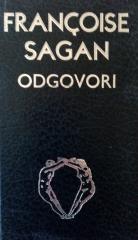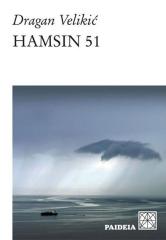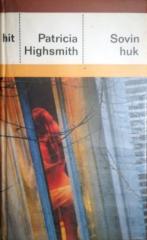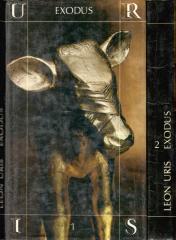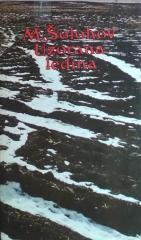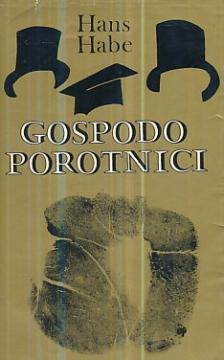
Gospodo porotnici
U vrtlogu poslijeratne Europe, gdje se ruševine prošlosti miješaju s nemirom novog početka, Hans Habe u romanu Gospodo porotnici (1955.) vodi nas kroz napetu priču o pravdi, moralu i ljudskim slabostima.
Smješten u američku okupacijsku zonu Njemačke 1947., roman prati sudbinu mladog američkog časnika, poručnika Leeja Bartona, koji se suočava s kaosom i korupcijom u porušenom svijetu. Barton, idealist koji vjeruje u pravdu, dolazi u München kao dio okupacijskih snaga. Njegov zadatak je jednostavan – sudjelovati u denacifikaciji i pomoći u obnovi pravnog poretka.
No ubrzo se zapliće u mrežu moralnih dilema. Njemačka je zemlja gladnih, očajnih ljudi, gdje cvjetaju crno tržište i korupcija, a Barton se zaljubljuje u Anni, mladu Njemicu čija prošlost krije tamne tajne povezane s nacističkim režimom. Njihova ljubav, isprepletena s osjećajem krivnje i sumnjom, postaje bojno polje između dužnosti i strasti.
Kada Barton otkrije da Anna možda skriva istinu o svojoj ulozi u ratu, suočava se s pitanjem: je li ljubav jača od pravde? Istodobno, njegov nadređeni, cinični pukovnik, upozorava ga na opasnosti miješanja u njemačke živote. Suđenje bivšem nacističkom službeniku dodatno zakomplicira situaciju, jer Barton shvaća da pravda nije crno-bijela, već zamagljena ljudskim slabostima i političkim igrama.
Habe, sam svjedok poslijeratnog kaosa, majstorski opisuje moralnu složenost okupirane Njemačke. Kroz Bartona i Annu, roman istražuje pitanja oprosta, krivnje i mogućnosti novog početka u svijetu obilježenom ranama rata. Gospodo porotnici je potresna priča o traženju istine u vremenima kada je pravda često bila samo iluzija, a ljubav – krhka nada usred ruševina.
One copy is available
- Tragovi patine
- Blago oštećenje ovitka
